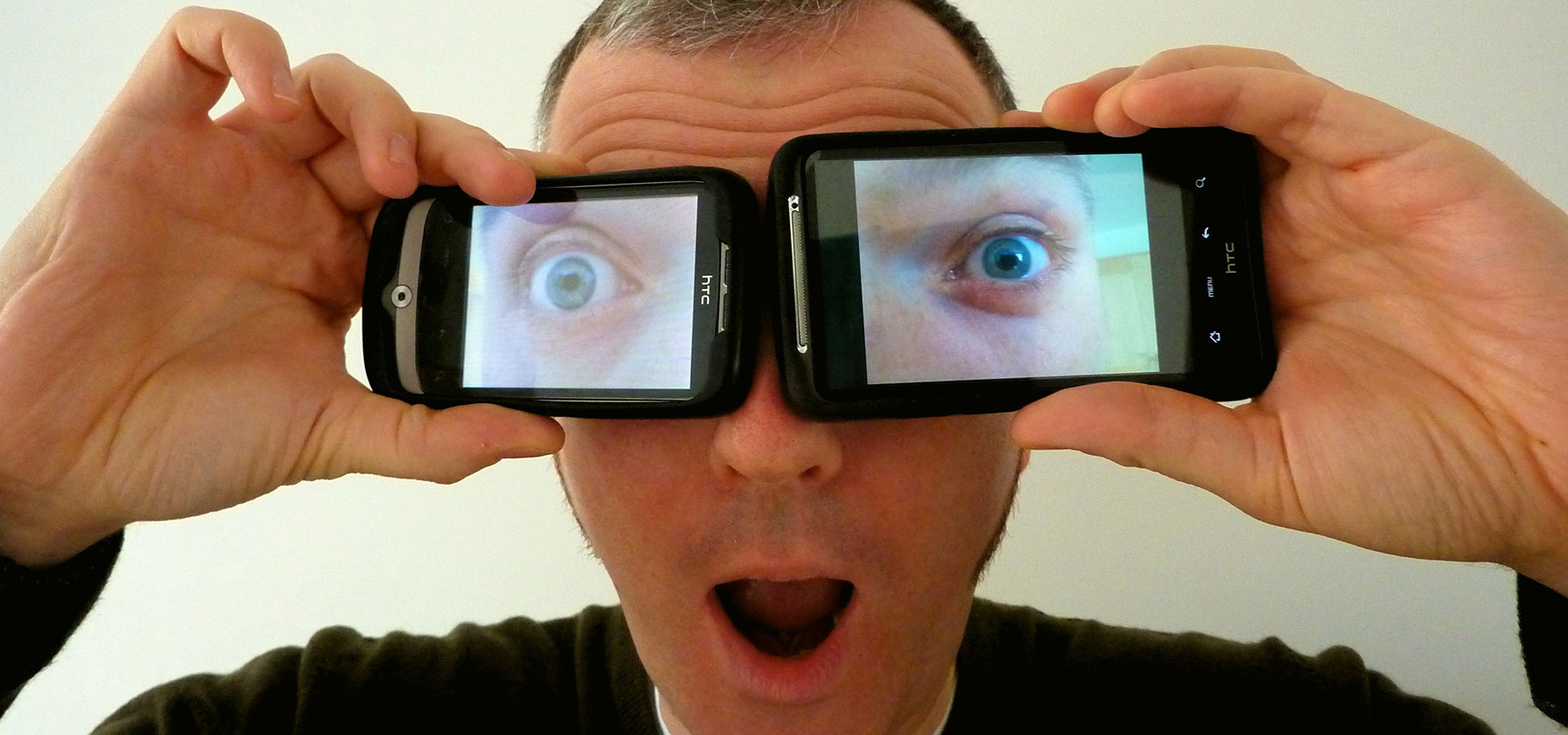
Are You An IDIOT?
We live in a world where titles and labels play a major role in helping us identify who we’re interacting with and understand where we sit in relation to others. When my son was diagnosed with attention-deficit disorder (ADD), I realized I had a good dose of it, too. I dislike the label ADD with a passion since it contains two negatives indicating we have a deficit and a disorder. It assumes that we choose to be disorderly because of this deficit, which can be pretty depressing if you’re sensitive to labels. But, as I researched the condition, I realized that some of the most creative and constructive people in history have had ADD or attention-deficit/hyperactivity disorder, aka ADHD (that term has hyper thrown in for good measure), like Einstein, Picasso, Van Gogh, Hemingway, Michael Jordan, and Spielberg, just to name a few. So my son and I are in good company.
Years back when we were deciding how we’d build our brand, business titles were an important indicator of our role in the company. I wanted our titles to reflect function and a sense of British humor, so my professional title became The Guvner, as opposed to CEO. It’s supposed to indicate authority with a healthy dose of playfulness. Whomever I meet almost always calls me The Guvner, and oftentimes it’s with a smile. It’s a memorable title and cuts through the formalities. Professionally, I like to think I’m part cultural voyeur mixed with a splash of aspiring behavioral scientist, business therapist, executive coach, innovative design thinker, and wannabe motivational speaker. But when reality kicks in, I realize I have a massively inflated, completely misinformed view of my professional position in life. However, I am skilled at framing the challenge, spotting the opportunity, and saying what everyone else is thinking (and afraid to say) to solve big problems using a good dose of collaborative common sense. While I know I’m late to the game commenting on this one, it’s a subject we’re going to be hearing even more about and deserves a new, memorable label. With the excessive amount of traveling I do over the course of the year, I spend a majority of my time in airports, on planes, and in public meeting spaces where I often find myself observing people and their behaviors. As I go about my business, I’m both intrigued and disturbed by people’s (and my own) dependence on digital devices.
DO YOU HAVE IDIOTS?
(Impulsive Digital Isolationist Obsessive Tendencies Syndrome)
It seems wherever you go, people are consumed with their smartphones and all they have to offer, including texting, talking, gaming, Instagraming, tweeting, Facebooking and more. Generally, there is a look of urgency, importance, and disconnection from the immediate world around the user. People talk into their phones or into the air with little regard for others around them. Next time you’re in a restaurant, look at how many couples and families spend more time looking at their phones than at each other. Next time you’re in a meeting, count how many times people check, text, or type on their phones rather than staying engaged. When you are stopped at a light, look over to the other lanes and you’ll likely see people texting or talking on their phones. The term for the fear of, and obsession with, losing and/or being without a smartphone is nomophobia (no-mobile-phone-phobia), which was coined by U.K. researchers in 2008. This growing dependency and addiction to smartphones is very similar to substance addiction or other compulsive behaviors; and according to a Baylor University study in the Journal of Behavioral Addictions, impulsivity and materialism are key drivers of mobile phone and instant messaging usage.
We are becoming a society of IDIOTs
Couples would rather text each other than talk to each other, people avoid eye-to-eye contact, and much of the younger generation can’t hold a conversation longer than a few minutes without reaching for the phone. It’s clear that we’re becoming a society of IDIOTs distracted by technology and disconnected from human relationships. But, we are fooling ourselves that impulsive and superficial digital connections are better than in-person conversations and connections.
What the internet is doing to our brains and our behavior
The Shallows: What the Internet is Doing to Our Brain, by Nicholas Carr describes the phenomenon. According to Carr, the Internet is a system that might as well have been designed to foster distractedness. When you read a book there’s nothing but the physical pages to dive into without distractions. Reading on the Internet is a different matter. Carr describes how the brain is constantly switching tasks with all the visual distractions being so prevalent. My newfound storytelling heroes at Epipheo put this superb video together to make the same point.
Warning Signs that you are becoming an IDIOT?
As you go about your day, take note of your behavior, dependency, and compulsive usage of your smartphone. If you’ve developed more than one of the following behaviors, there’s a good chance you are, or you’re becoming, an IDIOT.
Do you look at your email from your phone in bed?
Do you take your phone to the bathroom?
Do you DWT (Drive While Texting)?
Do you jump between email, the news, project documents, Facebook, Instagram and Twitter?
Do you eat dinner with your family with your phone in your hand?
Do you compulsively check to see if you have new messages and LIKES on your latest post?
Do you post everything you do, every moment of the day?
Do you go out for dinner and midway through take photos of what you’re eating and post them?
Do you go out for dinner and spend more time looking at your phone than at your date?
Do you sit in a meeting and check your phone every few minutes?
Here are 6 simple tips to avoid being an IDIOT some of the time
1. Find at least an hour in the day to turn off your phone
2. Unplug for at least one day on the weekend
3. If you’re in a meeting, turn off your phone
4. If you’re at dinner with others, turn off your phone
5. Do not text while you’re driving
6. Put your phone in the middle of the table and turn it face down
Photo: Stuart Chalmers


Uncommon Person: Chad Hutson

Our Internal Learning & Impact at Bulldog Drummond

The One Decision by Employers in 2021 that Means Everything

What I Wish I Knew

Standing Up Inside

Uncommon Person: Gregg Imamoto

Five Things Every Company Should Know about ESG

Redefining Value

Uncommon Person: Chris Baréz-Brown

It’s Time For A Whole Lotta Common Good

Did You Choose Humanity?

Uncommon Partnership: Violux

Here’s How

Uncommon Person: Santhosh Nair

Designing Strategy For A Complex World

Responsibility & Relevance for Brands

